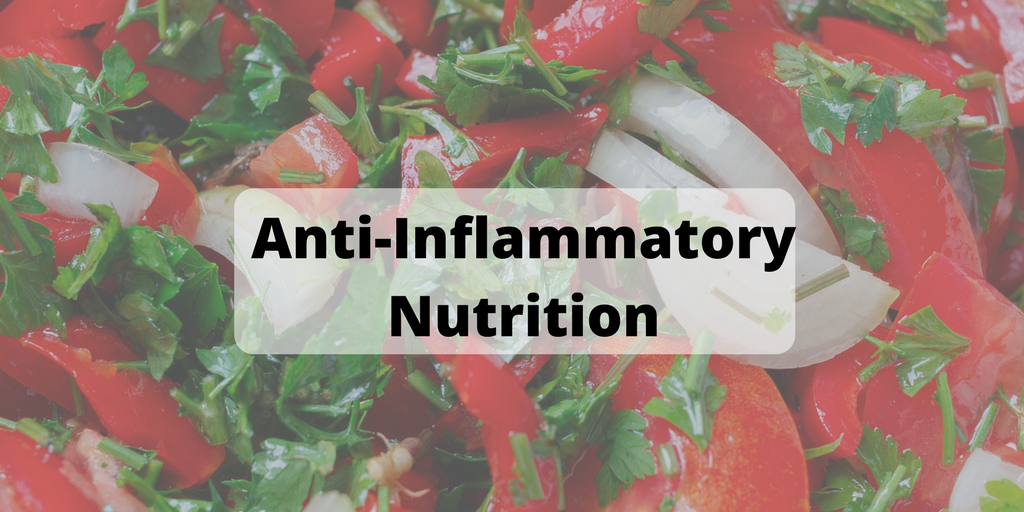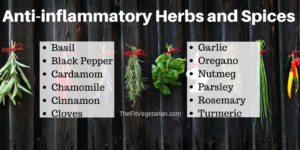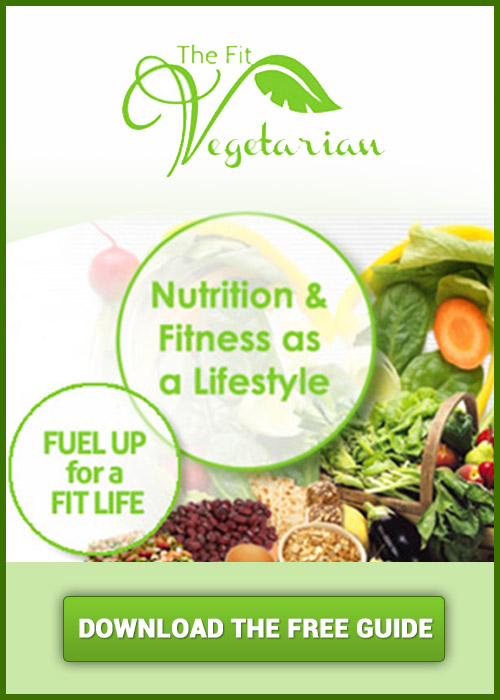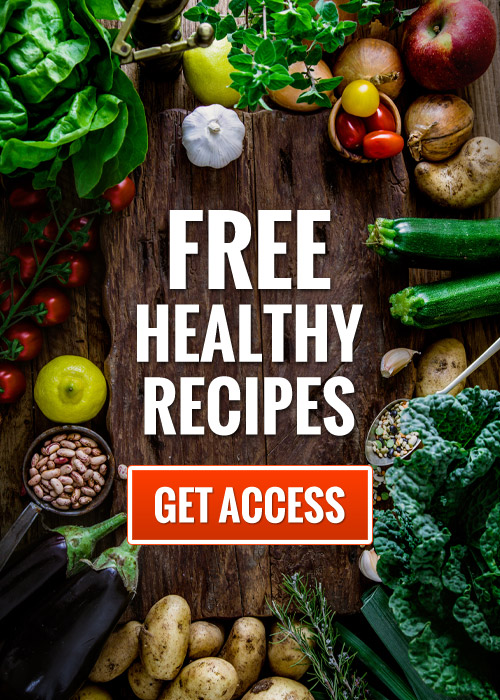The Role of Nutrition in the Inflammatory Process

Nutrition plays a huge role in the body’s inflammatory process. What we eat has one of two roles: nourishing the body or slowly poisoning it. The latter may sound harsh or some sort of over-dramatization, but it is accurate. Processed foods (i.e., “foods” that are manufactured rather than grown and typically come in a package), are extremely harmful to the human body. It is best to avoid these if your goal is to live a healthy life and minimize inflammation in the body. I won’t go into detail about these as I’m sure we all know what processed foods look like. However, just in case you’ve been living under a rock, avoid artificial sweeteners (artificial anything actually), fried foods, fast foods, etc.
Nutritious Foods that Cause Inflammation
Now in terms of those nourishing foods we ingest, you have to be careful to avoid the ones that are known to exacerbate inflammation. The biggest culprits are gluten, wheat and wheat products, cow’s milk and the dairy products derived from it, alcohol (okay, so alcohol isn’t exactly a “nourishing” food, but the health benefits of red wine are well-documented), and meat from grain-fed animals. You also want to watch for foods that you personally are allergic to and add them to this list.
Unhealthy Foods that Cause Inflammation
Not-so-nutritious foods that cause inflammation abound. They include fried foods, processed meats, sodas, syrup, sugar, and a variety of oils including safflower, sunflower, soy and corn. Sadly, these are foods that are readily available and frequently consumed. Be watchful and avoid these.
Foods that Fight Inflammation
 As I mentioned before, we can help alleviate the inflammatory process within our body through sound nutrition. The top anti-inflammatory foods include nuts (especially walnuts because of their Omega-3 content and almonds), avocados, tart cherries, spinach, olive oil, pineapple, and onions. Veggies and fruits that are orange in color also are fantastic for decreasing inflammation. These include yams, papayas, cantaloupe, oranges, peaches, etc. Increase your intake of these anti-inflammatory foods and see how you feel. Your level of inflammation, and consequently pain, should improve with consistent consumption of these foods.
As I mentioned before, we can help alleviate the inflammatory process within our body through sound nutrition. The top anti-inflammatory foods include nuts (especially walnuts because of their Omega-3 content and almonds), avocados, tart cherries, spinach, olive oil, pineapple, and onions. Veggies and fruits that are orange in color also are fantastic for decreasing inflammation. These include yams, papayas, cantaloupe, oranges, peaches, etc. Increase your intake of these anti-inflammatory foods and see how you feel. Your level of inflammation, and consequently pain, should improve with consistent consumption of these foods.
Herbs and Spices that Fight Inflammation
 Seasoning your food with herbs and spices is infinitely better than adding salt to it. Not only will your blood pressure thank you, but your painful joints and achy muscles will, too. I like making new flavor combinations by mixing a variety of herbs and spices. Sometimes it’s a win, and other times I just have to settle for knowing that I’m doing something good for my body. Experiment and see what you like. I regularly use all of the herbs and spices listed in the graphic below in some capacity when I cook. Well, all of them except chamomile. For whatever reason, my taste buds refuse to like it.
Seasoning your food with herbs and spices is infinitely better than adding salt to it. Not only will your blood pressure thank you, but your painful joints and achy muscles will, too. I like making new flavor combinations by mixing a variety of herbs and spices. Sometimes it’s a win, and other times I just have to settle for knowing that I’m doing something good for my body. Experiment and see what you like. I regularly use all of the herbs and spices listed in the graphic below in some capacity when I cook. Well, all of them except chamomile. For whatever reason, my taste buds refuse to like it.
As you can see, good nutrition is key to living a healthy life. In addition, being aware of how foods affect the body will help you to not only #FuelUpforaFitLife, but also decrease inflammation and pain within the body.





